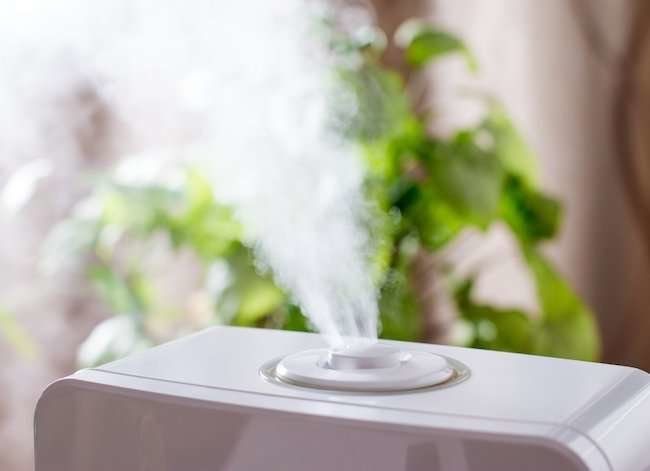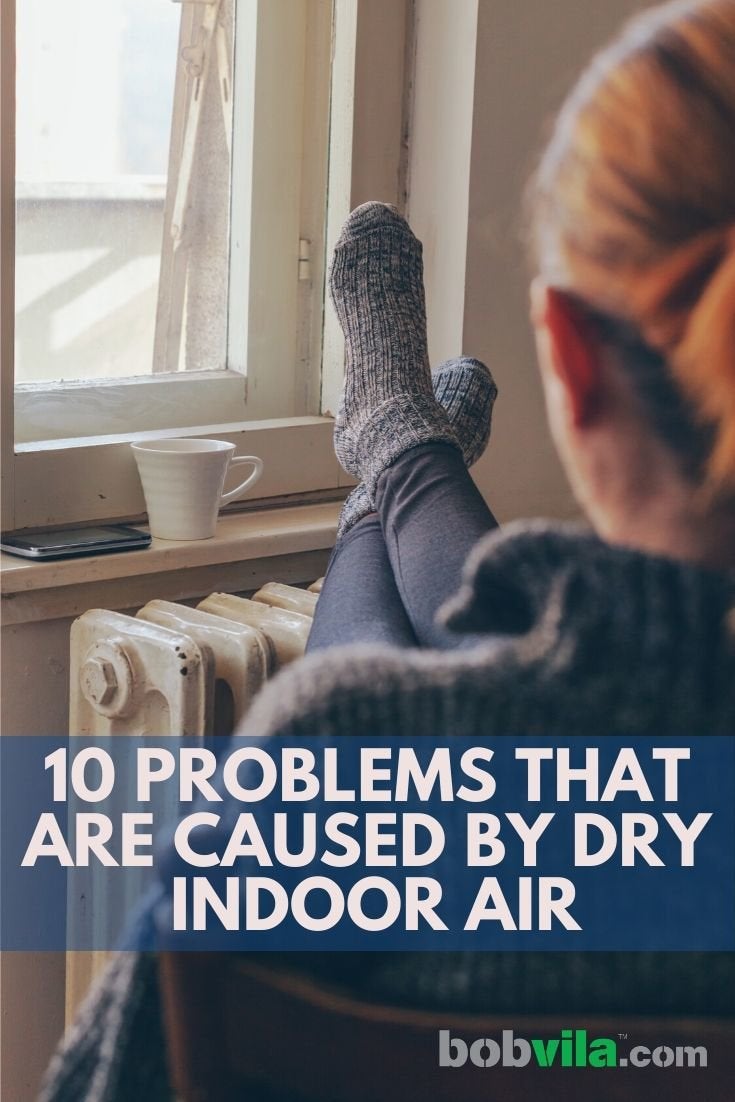We may earn revenue from the products available on this page and participate in affiliate programs. Learn More ›
Drier Than the Desert
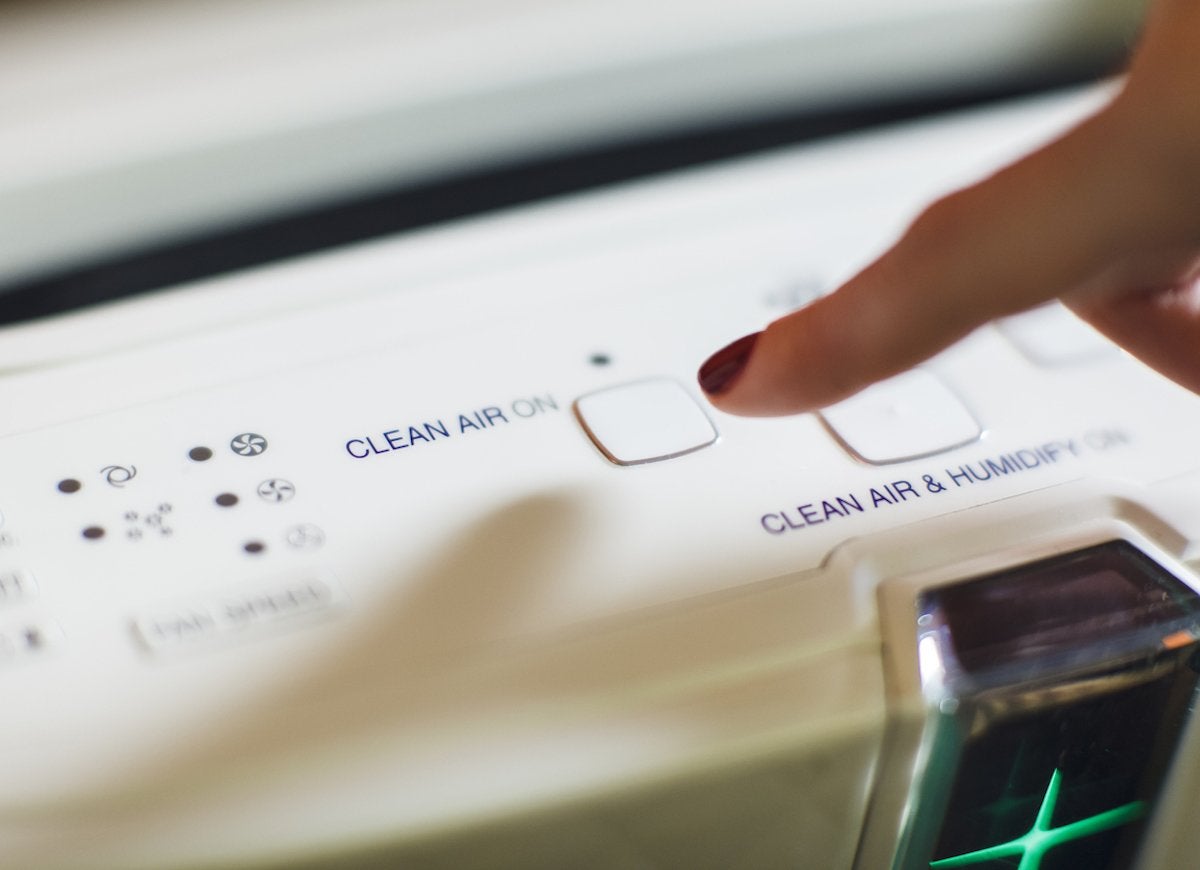
Not only do many of us have to deal with ice, snow, and frigid temperatures in the winter, but we also have to contend with an unpleasant side effect of cold weather—dry indoor air. In wintertime, indoor humidity levels can dip down to desert-like levels, and the results can be devastating to wood furniture, fixtures, and flooring as well as leather items—and, of course, the human body. Here are 10 problems that are caused by dry indoor air, along with some ideas for adding much-needed moisture to your home.
Shifting Window Frames
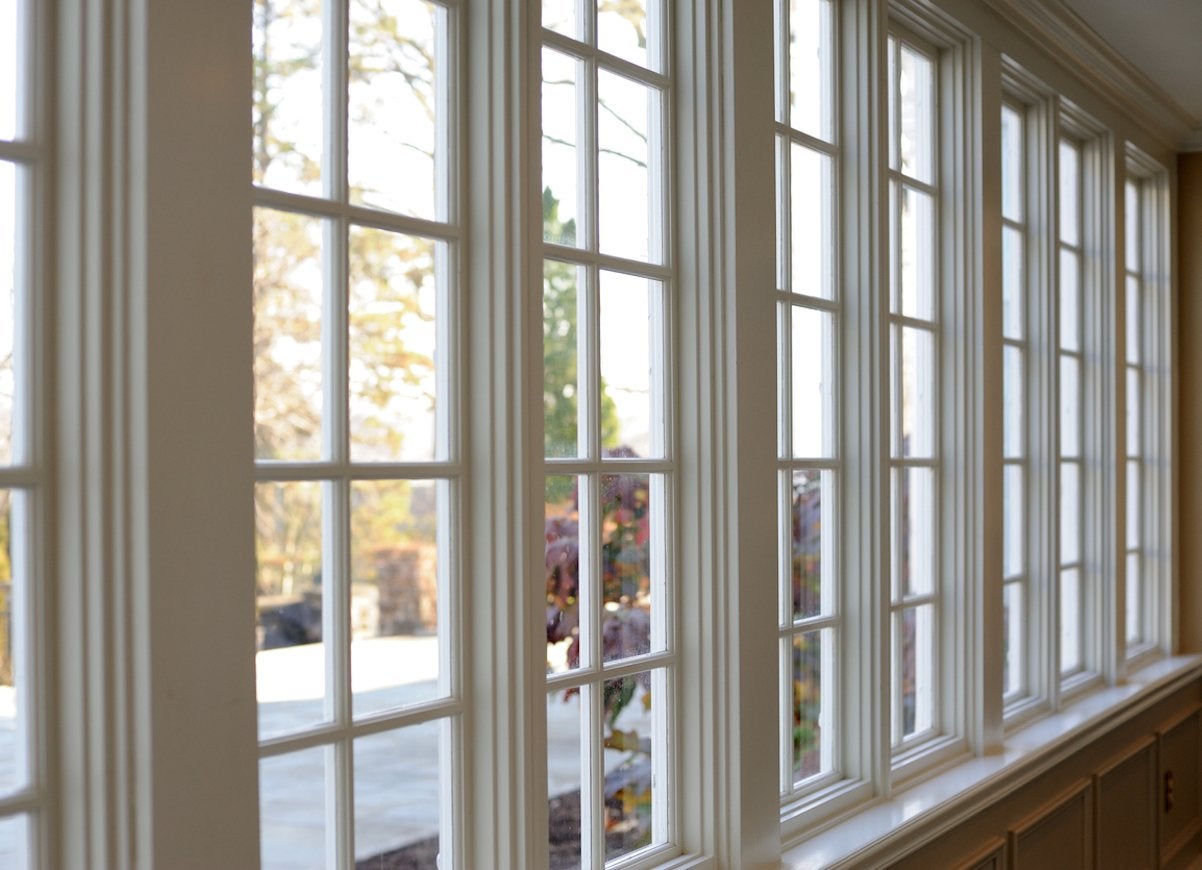
If indoor moisture levels drop too low, the frames of wood windows can shrink in size, making them more difficult to open and potentially creating gaps or cracks that let in even more cold, dry air. To keep those frames from drying out, try placing a couple of plants on the windowsill. Not only will the sun exposure be good for the plants, but moisture from the leaves will also evaporate into the air, adding a little bit of humidity. Just keep in mind that low humidity can be hard on plants, so you may need to mist your houseplants’ leaves weekly or even daily for optimum health. (Caveat: It’s best not to mist drought-tolerant plants.) For best results, mist plants in the morning before the sun reaches its zenith to prevent burning; you may want to move plants from the windowsill before misting to prevent water damage to wooden window frames.
Dried-Out Leather
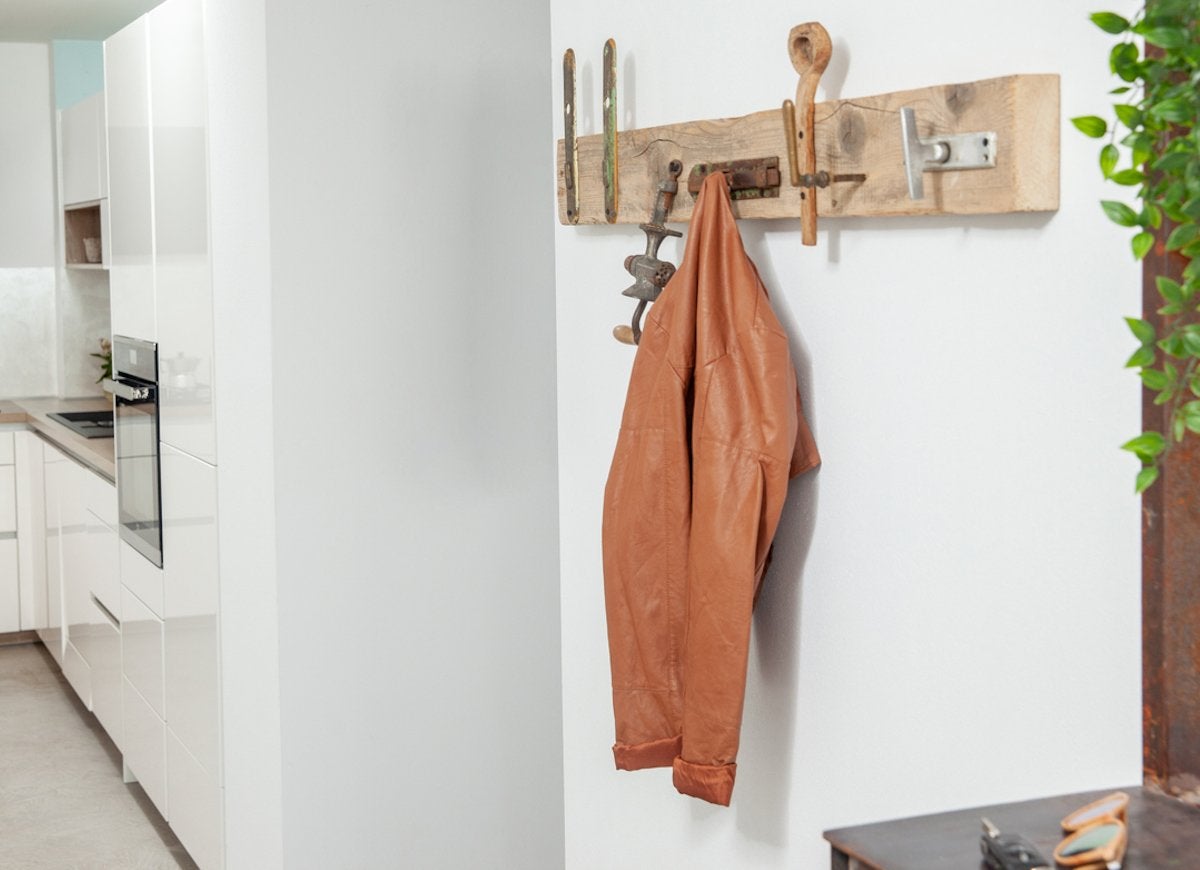
Leather is one of the toughest materials out there, but one of its weaknesses is that it is susceptible to damage if it dries out. Low humidity levels can cause leather to stiffen and crack, which can wreck a perfectly good jacket, bag, or armchair. Keep your leather looking its best during the driest months by rubbing in a trusty leather conditioner or cream at the beginning of winter.
Creaky Floors
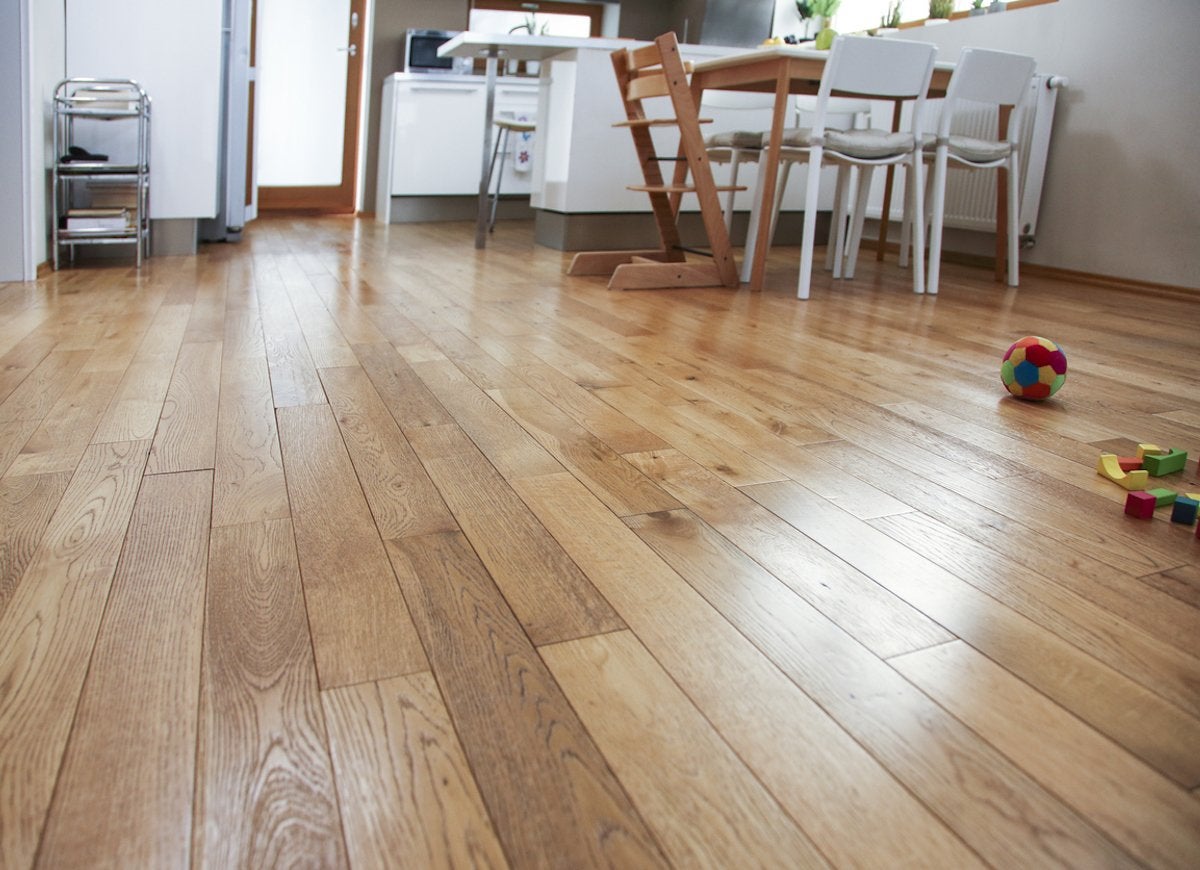
Some homeowners may find creaky floors charming, but others just think they’re an annoyance. Floors are especially creaky in winter because the wood planks dry out, leading to gaps and shrinking, and creating prime conditions for noisy walking. Though this creakiness isn’t permanent, you may want to remedy the noise by running a good old-fashioned humidifier. If you have wood floors throughout the home, consider investing in a whole-house humidifier. But if you prefer a portable solution, try this cool-mist model from Pallas, which can provide up to 20 hours of continuous humidifying on one tank of water.
Related: We Researched 57 Humidifiers and Our Top Pick Runs for 60 Hours on One Fill
Bendy, Breaky Wood Furniture
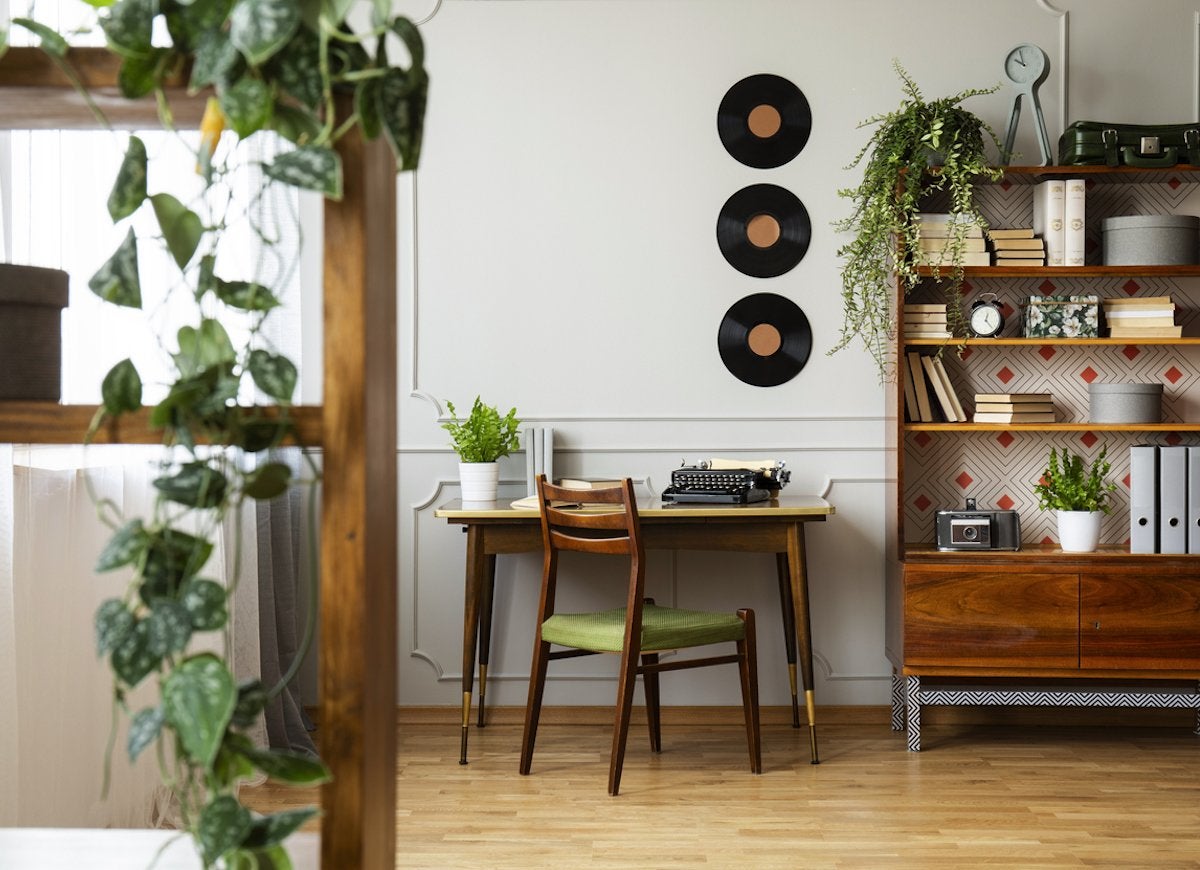
Wooden dining tables, coffee tables, chairs, and bookshelves can all be susceptible to bending, breaking, or cracking if moisture levels fall below a certain threshold. Adding moisture to the air can help protect your furniture, and a humidifier should be your first line of defense in this battle. But another helpful trick is to rely more on the stovetop for cooking, which adds moisture to the air, and avoid using the oven, which can zap indoor moisture.
Off-Key Instruments

If your home’s indoor air is dry, your partner’s singing won’t be the only off-key music you’ll have to endure. Wooden instruments like pianos, violins, cellos, and guitars are all vulnerable to tuning issues when indoor humidity levels drop. To keep the music sounding great throughout the dry months, place a few bowls of water near your instruments.
Wrinkly Books

Revisiting your favorite novels may prove more difficult if the pages are wrinkled or brittle from low humidity levels. Bookworms who want to prevent dry air from damaging their collection should keep their books as far away from heating registers and vents as possible. Remember that while books suffer in dry conditions, they don’t do well in moist environments either, so you should also keep the humidifier away from the bookshelf.
Ruined Wine

Even corked bottles of wine aren’t exempt from the effects of dry indoor air. Extremely low humidity levels can slowly chip away at a cork, leaving room for air to get into the bottle and ruin the flavor of the wine inside. Preserve all those notes of leather and hints of chocolate by placing a pan filled with water near where you store your wine, and it should hold up nicely. The ideal humidity level for wine storage is 60 percent, but if you plan to drink a recently purchased bottle within a week or two, you probably don’t need to sweat the moisture levels.
Cracked Wallpaper
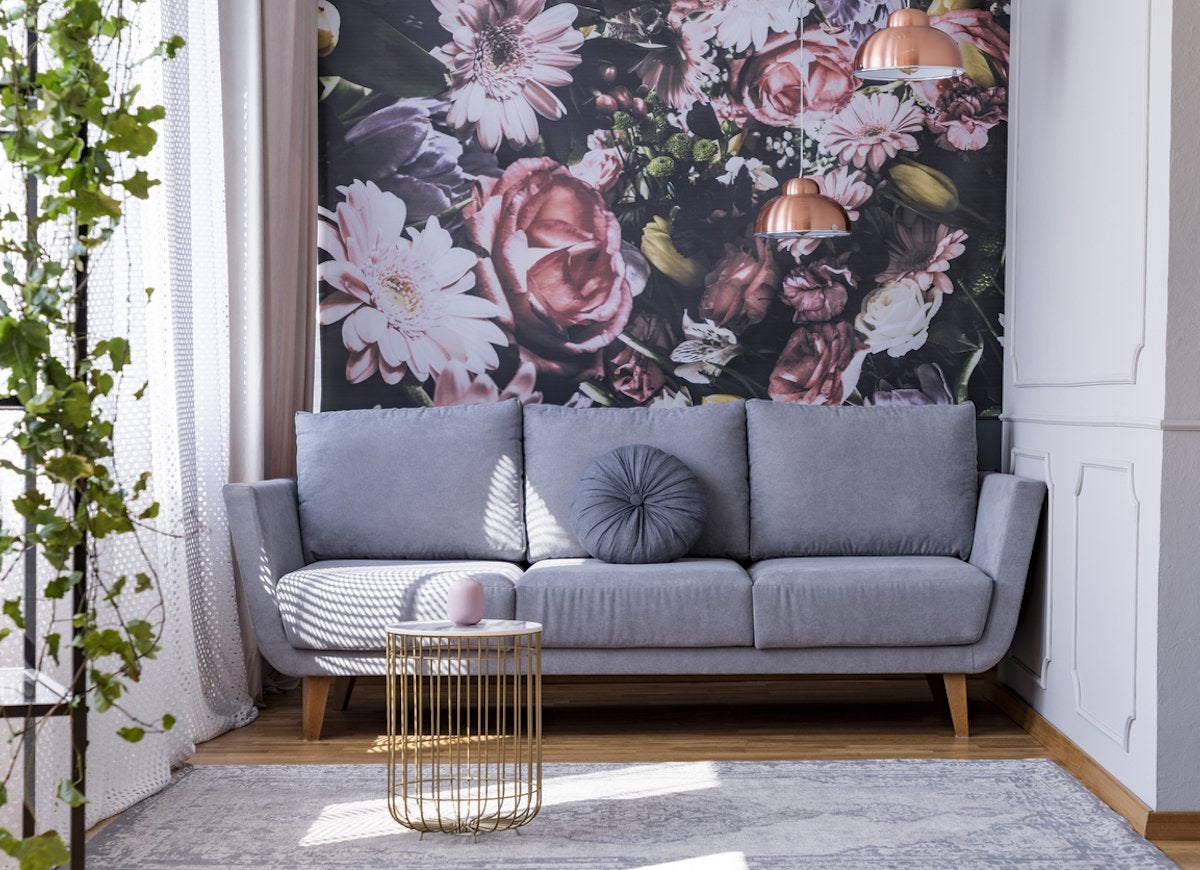
Wallpaper is enjoying a splashy, colorful comeback, but it won’t look nearly as fashionable if it starts to peel or separate as a result of dry indoor air. Do you have wallpaper just outside the bathroom? To help prevent it from cracking during the dry months, leave the bathroom door open while you shower to provide a little extra moisture to the walls in the adjoining room.
Static Electricity in Electronics

Static electricity, which ramps up in dry air, causes a mild shock when it passes through your body, but it can wreak havoc on your electronics through what’s called an electrostatic discharge event, and it can even make devices malfunction. As it’s generally not advisable to keep water near electronics, an alternative way to add more moisture in the air is to hang wet clothes to dry in the same room as your electronics. That said, never hang wet clothing over an electrical appliance, where drops of water could potentially cause even worse problems.
Winter Illness
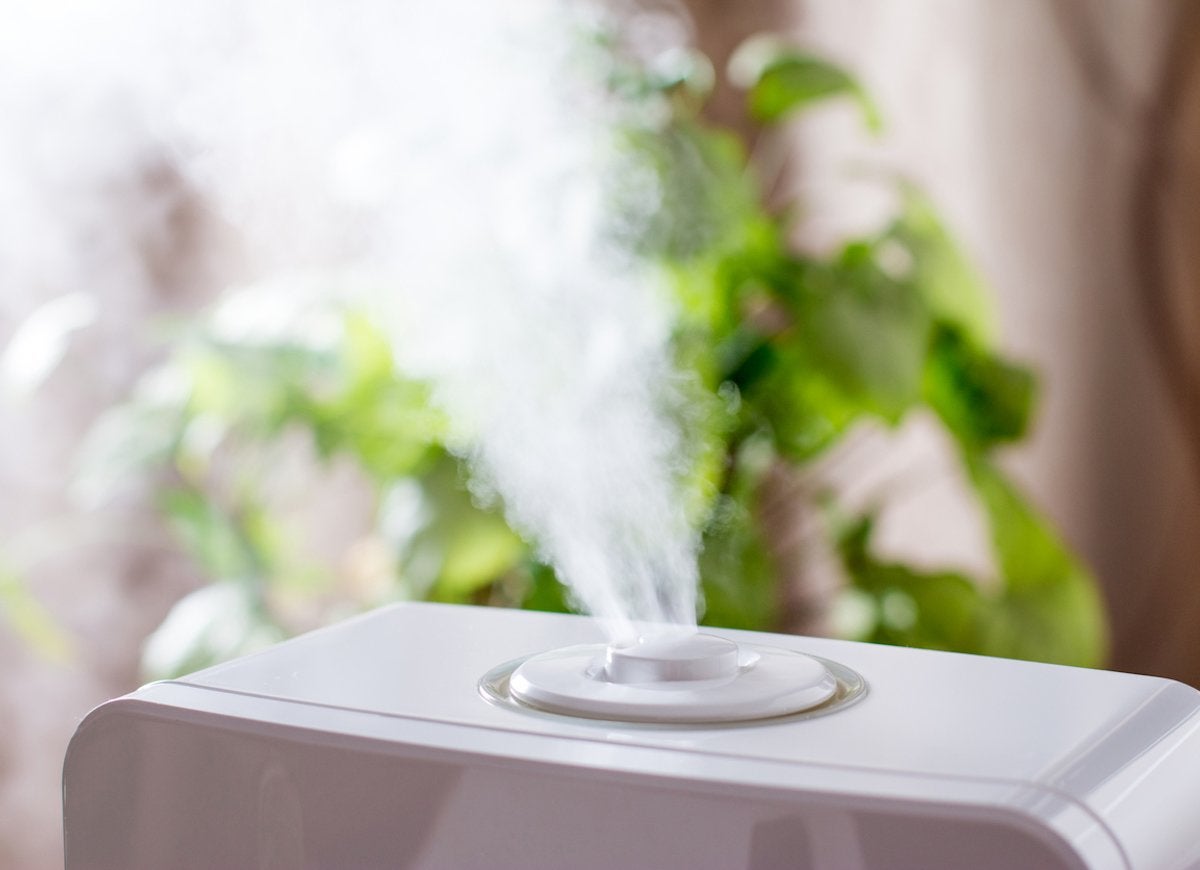
Of course, the biggest problem caused by dry air is that it makes you more vulnerable to pesky winter illnesses. While dry air itself doesn’t cause illness, it does strip your nose and mouth of the natural moisture that ordinarily traps invading germs. Running a humidifier at night near your bedside is an effective way to prevent illness in the winter. Be sure, too, to increase your intake of fluids, as excessively dry air can lead to dehydration.

Everything You Need for a Lush and Healthy Lawn
Keeping your grass green and your plants thriving doesn’t just take a green thumb—it starts with the right tools and supplies.
